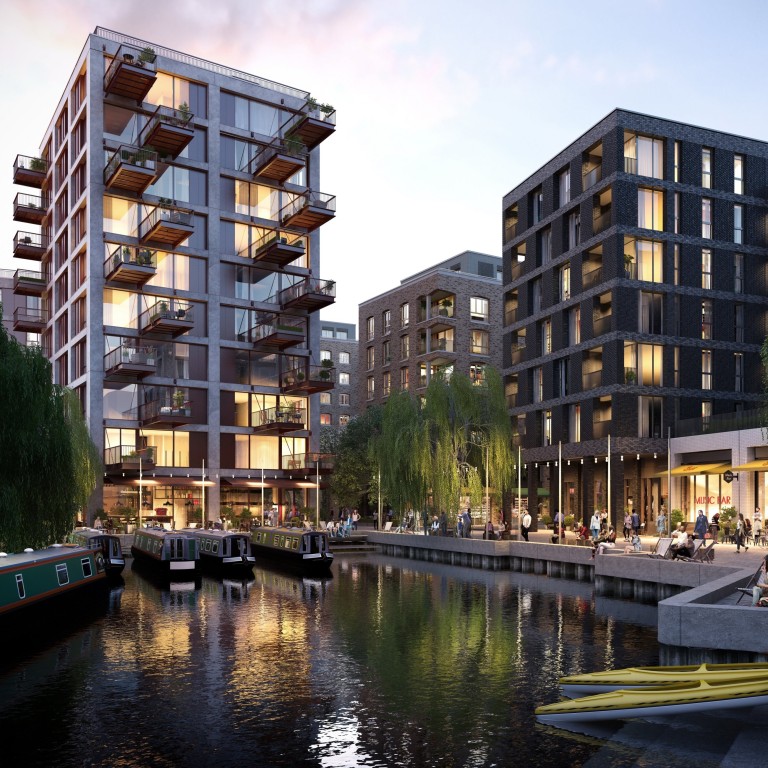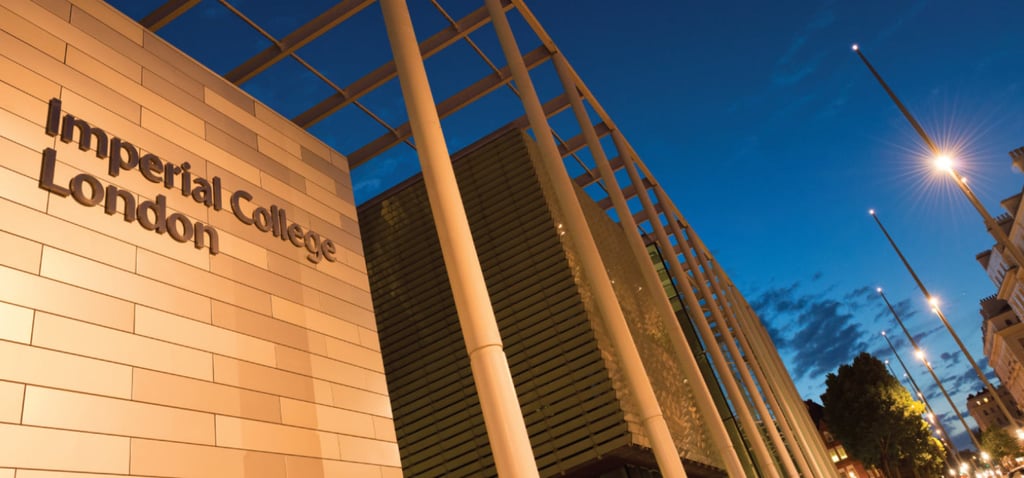UK student accommodation is getting more expensive despite the pandemic – bad for London’s foreign university students, good for property investors …

- From US$200,000 flats to luxury digs, UK purpose-built student accommodation (PBSA) is a solid investment, with Chinese student applications up 17pc in 2021/21
- The new Prince of Wales Drive is ideal for University College London (UCL), London School of Economics (LSE), King’s College London and Imperial College London
Despite the impact of Covid-19 on foreign enrolment in universities globally, the purpose-built student accommodation (PBSA) market in the UK has been “remarkably resilient” over the past year.
That’s according to research from Cushman & Wakefield which shows the number of new beds increasing and the development pipeline strong – clear signs of steady confidence in the sector.
It’s not that UK providers weren’t affected. Cushman & Wakefield reports that in 2020/21, supporting those who couldn’t go home, or who chose to stay on campus, saw the greatest amount of rental discounting in the history of the sector – with 25 per cent of all direct let schemes offering some form of discount.

However, a net increase of 21,000 beds hit the market during the period. The report notes that a 17 per cent price increase for a new en suite bed shows demand for quality accommodation, adding that this does raise questions about overall affordability.
The majority of new beds were delivered by the private sector (85 per cent), which now owns more than half (51.4 per cent) of student beds in the UK. In contrast, beds wholly owned by universities have grown by just 4 per cent, indicating what Cushman & Wakefield concludes is an “increased appetite for universities to work with accommodation providers in long- and short-term partnerships”.
It finds that the national development pipeline currently stands at 115,000 beds, with Nottingham now having the largest regional pipeline.
Seemingly, pandemic-related travel restrictions haven’t quashed the intentions of Chinese students, the largest cohort of international enrollees at UK universities.

David Feeney, partner, Student Accommodation Advisory at Cushman & Wakefield, says the latest application data (June deadline cycle) from the Universities and Colleges Admissions Service (UCAS) shows that there have been 28,490 applications from Chinese students to UK universities to date in 2021 – a rise from 24,430 applications the previous year, representing an increase of 16.6 per cent.
“It will be interesting to see how these applications translate to students on campus for the 2021/22 academic year amid concerns around international travel and so on,” he said, noting that data on the impact of Covid-19 on admissions will not be available until early 2022.
Of the PBSA market itself, Feeney said: “The sector has traditionally proven to be countercyclical and the huge increase in applications for the 2021 entry suggests that this will continue to be the case in a difficult economic environment. Coupled with continued increases in international student applications and projections of a rising population of 18-year-olds in the UK, market dynamics continue to look strong. Fundamentally, the market remains undersupplied with purpose-built student accommodation.”